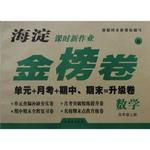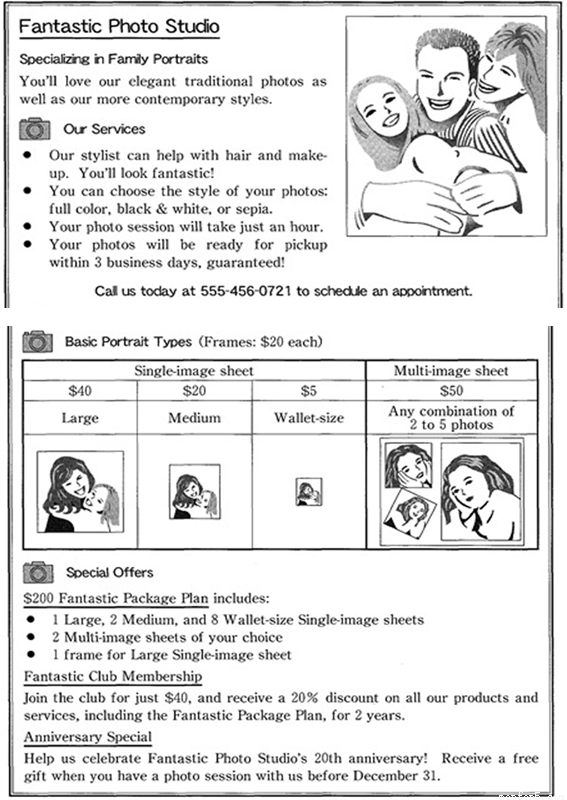题目内容
When Athaya Slaetalid first moved from Thailand to the Faroe Islands, where winter lasts six months, she would sit next to the heater all day:
"People told me to go _________ because the sun was shining but I just said: 'No! Leave me alone, I'm very ________.'"
Moving here six years ago was tough for Athaya ________, she admits. She ________her husband Jan when he was working with a Faroese friend who had started a business in ________.
Jan knew ________ that bringing his wife to this very different ________, weather and landscape would be challenging.
"I had my ________, because everything she was leaving ________ everything she was coming to were opposites," he admits. "But knowing Athaya, I knew she would ________."
There are now more than 300 women from Thailand and Philippines living in the Faroes. It doesn't ________ like a lot, but in a population of just 50,000 people, they now ________ the largest ethnic minority in these 18 islands, located between Norway and Iceland.
In recent years the Faroes have experienced population ________, with young people leaving, often in search of education, and not returning. Women have ________ more likely to settle abroad. As a result, according to Prime Minister Axel Johannesen, the Faroes have a "gender deficit" with _________ 4,000 fewer women than men.
This, ________, has lead Faroese men to look ________ the islands for romance. Many, though not all, of the ________ women met their husbands online, some through commercial ________ websites. Others have made connections through social media networks or existing Asian-Faroese _________.
1.A. outside B. inside C. away D. off
2.A. hot B. cold C. warm D. cool
3.A. at last B. at once C. at first D. at length
4.A. would find B. had found C. would meet D. had met
5.A. Iceland B. Philippines C. Faroes D. Thailand
6.A. ahead schedule B. in advance C. without hesitation D. in particular
7.A. country B. nation C. culture D. minority
8.A. concerns B. conflicts C. beliefs D. problems
9.A. but B. and C. while D. when
10.A. make B. get C. handle D. cope
11.A. sound B. hear C. look D. appear
12.A. consist of B. belong to C. make up D. build up
13.A. decline B. increase C. boom D. failure
14.A. shown B. remained C. proved D. tended
15.A. mostly B. totally C. exactly D. approximately
16.A. however B. then C. actually D. instead
17.A. within B. faraway C. throughout D. beyond
18.A. European B. Asian C. foreign D. poor
19.A. knowing B. playing C. dating D. marrying
20.A. couples B. wives C. husbands D. families
 王后雄学案教材完全解读系列答案
王后雄学案教材完全解读系列答案 海淀课时新作业金榜卷系列答案
海淀课时新作业金榜卷系列答案

 re shown. However, the paintings that made him famous after his death did little for him when he was alive.
re shown. However, the paintings that made him famous after his death did little for him when he was alive. rass is green, and crows are black. But the colors are used in such a way that it looks better than a photograph.
rass is green, and crows are black. But the colors are used in such a way that it looks better than a photograph.
 d, as long as it was nice to their taste, they ______ hesitated (犹豫) to use their hands to “help themselves” until all was finished.
d, as long as it was nice to their taste, they ______ hesitated (犹豫) to use their hands to “help themselves” until all was finished. simple B. a new C. the same D. their
simple B. a new C. the same D. their